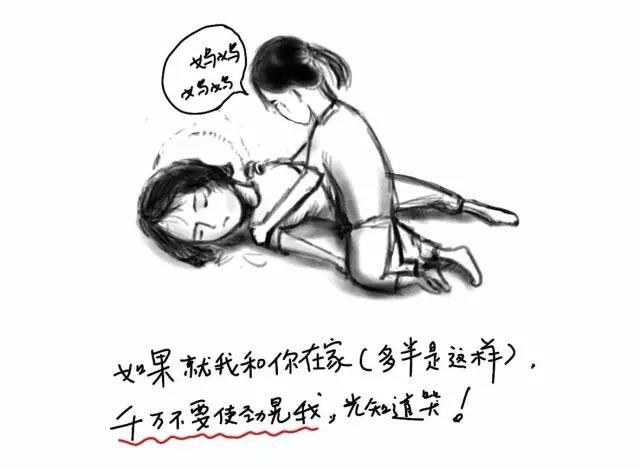
A few days ago, a small patient came to the clinic. My mother said:
Baby recently often will inexplicably groan haw, complexion flushed, and then often cry, especially after eating milk
After asking about the baby’s living habits, it was considered that it might be caused by flatulence. What about flatulence in what? What should I do when I get flatulence? Today we will talk about flatulence.
Is flatulence colic?
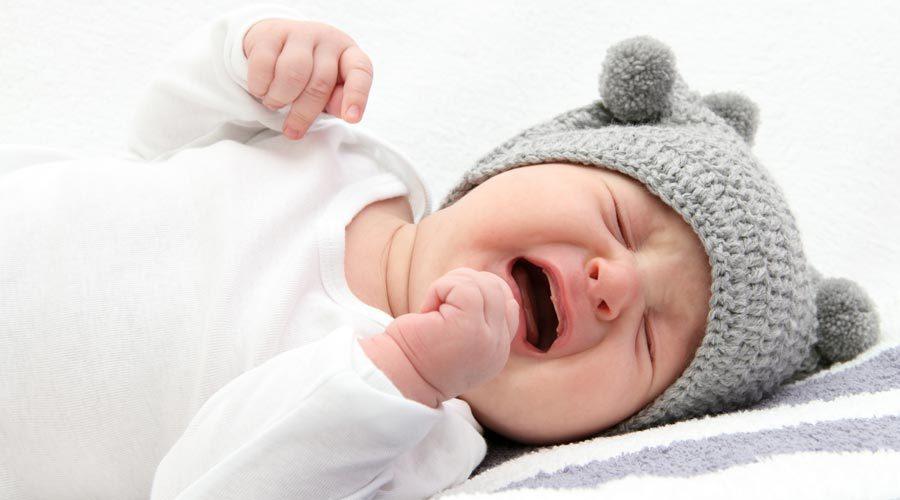
I believe many people do not know clearly between flatulence and colic. In fact, flatulence is only one of many factors that may cause colic. However, flatulence does not necessarily lead to colic.
The baby will suffer from flatulence after birth and may suffer from flatulence 24 hours a day, but colic often worsens at night.
Why do you have flatulence?
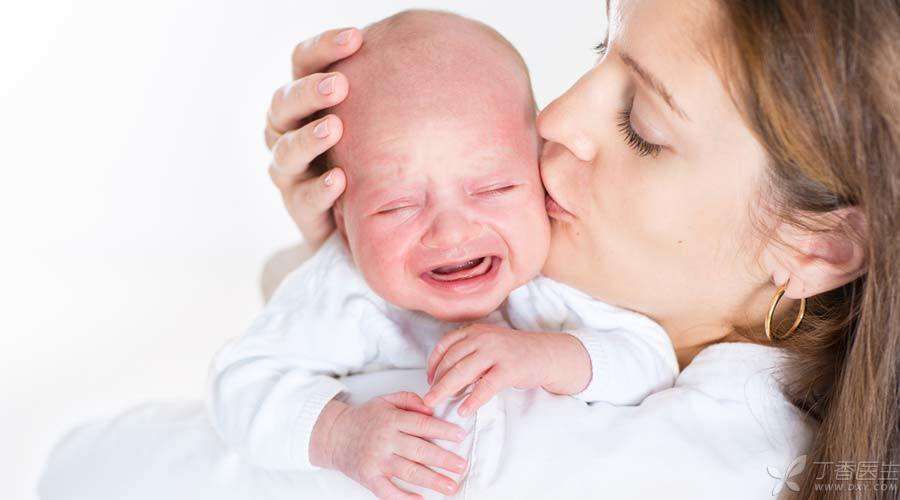
Step 1 Swallow too much air
For example, eating too fast or feeding improperly causes the baby to inhale too much air.
2. Carbohydrate indigestion
Babies are lactose intolerant, or older children eat too many foods that produce gas, such as beans, broccoli, fruits, wheat, potatoes, corn and noodles. However, food is not the only source of gas, so don’t take some meals off the table because of this and eat only a few foods.
3. The baby is suffering from digestive system diseases or intestinal allergy.
Under these circumstances, the baby is usually accompanied by fever, diarrhea, vomiting and other symptoms.
How do you judge the baby’s flatulence?
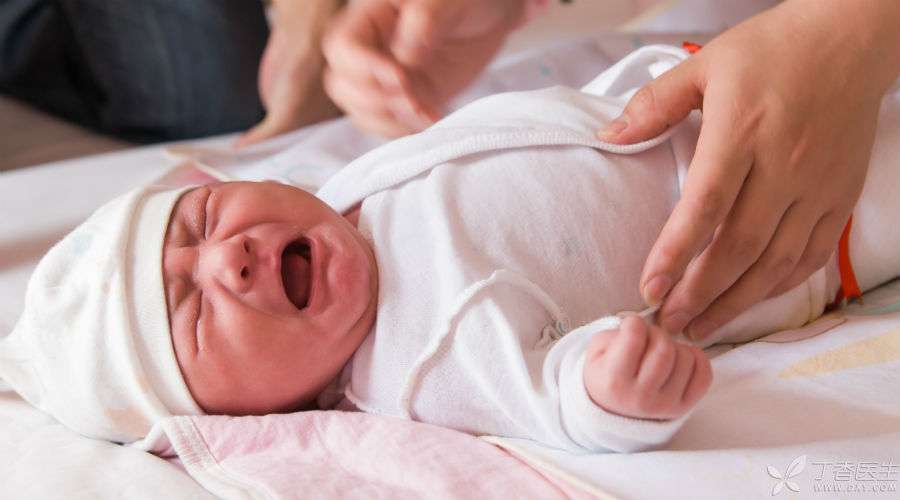
If a baby of 0 ~ 3 months old has symptoms such as crying, kicking and flushing, it may be flatulence.
After 3 months, the baby’s flatulence is often manifested as fart, crying, asking parents to hug, etc.
If the baby says that his stomach is uncomfortable and he has symptoms of farts and hiccups, most of them are also due to flatulence.
What if the baby suffers from intestinal flatulence?
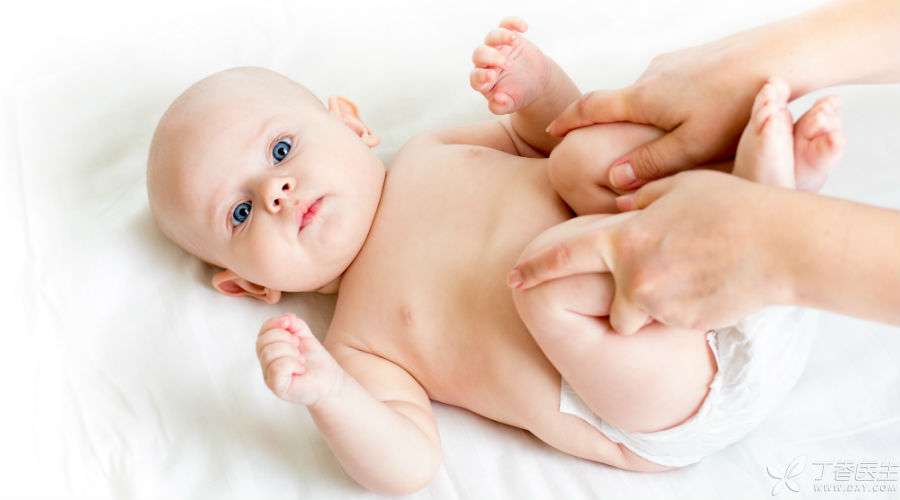
1. Exhaust your baby
You can lie on your back in bed and hold your baby’s leg for cycling.
You can also let the baby lie prone for a while after digesting the food, which can not only prevent the back of the baby’s head from flattening, but also exercise the strength of the baby’s upper limbs, and at the same time promote other discharge by squeezing the abdomen.
2. Drugs relieve flatulence
Silicone is a common exhaust drug, which can polymerize small bubbles into large bubbles for easy discharge. Although silicone is generally considered safe, we still do not recommend regular use.
If the baby has severe colic, parents still feel anxious after receiving advice and using appeasement methods, and can also try to use simethicone for one week.
How to prevent flatulence at ordinary times?
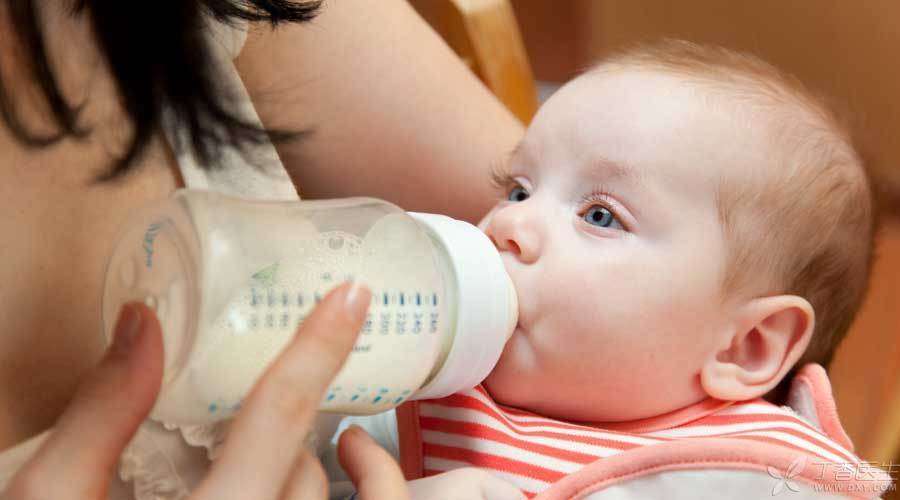
1. Proper Brewing of Milk Powder
When brewing milk powder, try not to shake it, but wait for the milk powder to dissolve slowly. Or after shaking, let the bottle stand for a while before giving it to the baby.
If the mother finds that the baby will produce too much gas when drinking a certain brand of milk powder, she also needs to discuss with the pediatrician to avoid intestinal allergy.
STEP 2 Slow-up Breastfeeding
Don’t let the baby feed again when he is hungry, don’t let the baby eat too fast when feeding, and avoid inhaling too much air.
Breastfeeding should pay attention to the way of holding milk. If it is a bottle-fed baby, it is necessary to pay attention to the size of the hole in the pacifier, or choose a bottle with special effects, such as a bottle with exhaust holes, a curved corner bottle, or a disposable wash-free folding bottle.
Step 3 Biccups
No matter during or after feeding, you can hold the baby vertically and belch.
In fact, whether adults, children or infants, flatulence is a common and inevitable process. As the baby grows up, flatulence will naturally decrease slowly. Don’t worry too much.
